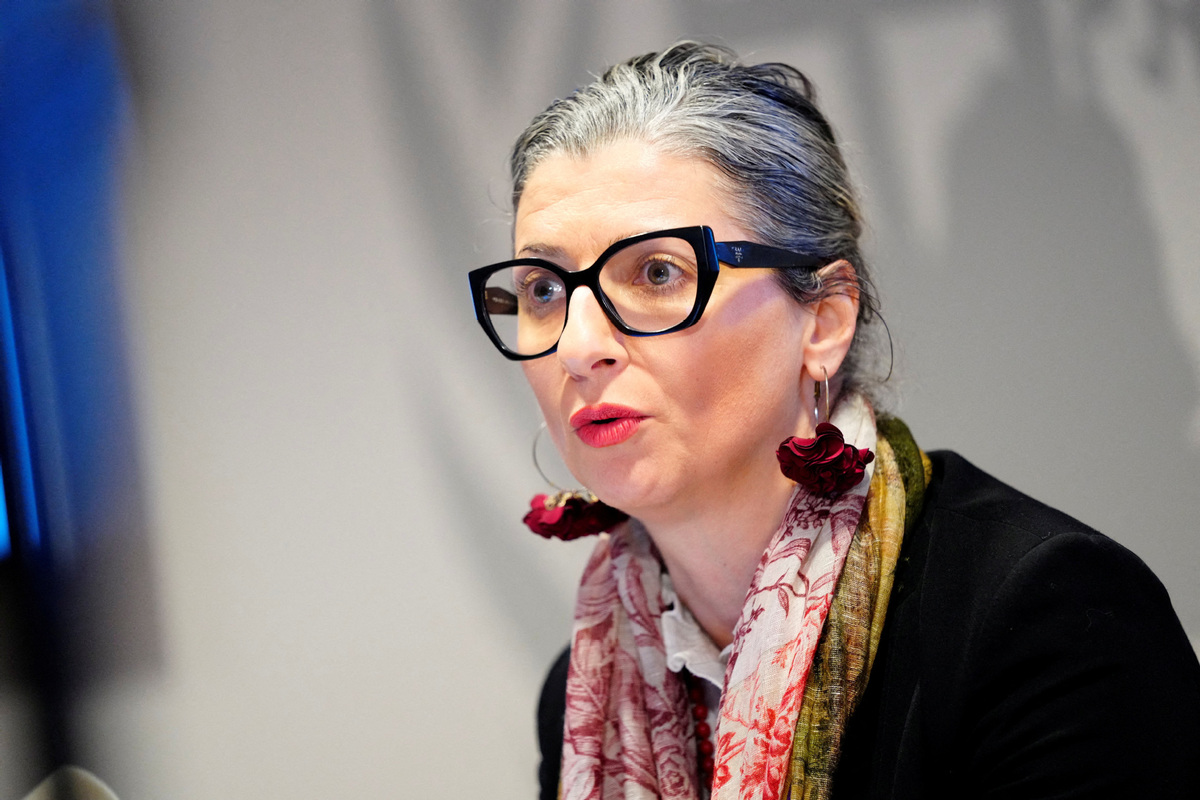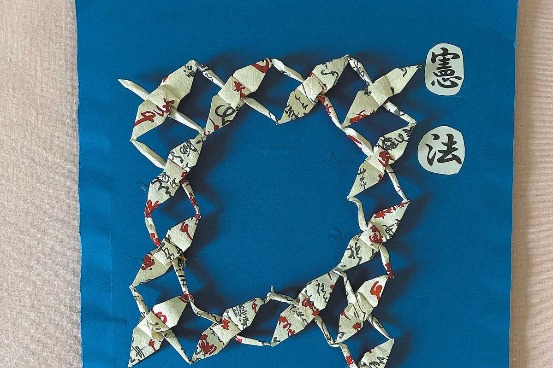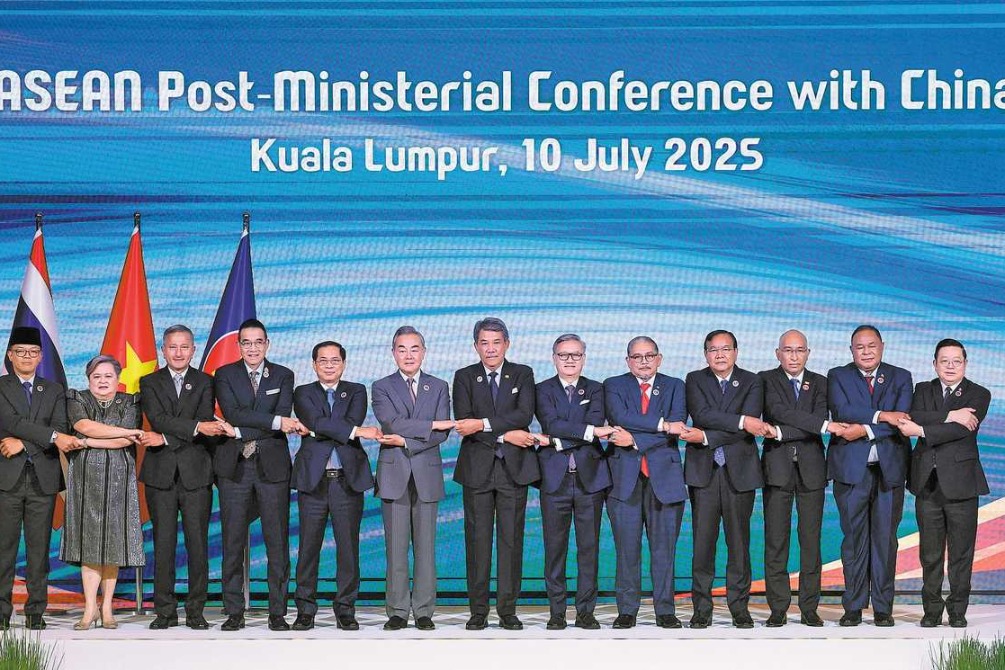Albanese, UN slam 'obscene' US sanctions over genocide criticisms


United Nations Special Rapporteur Francesca Albanese has criticized what she called the "obscene" decision by the United States to sanction her over her criticism of Israel's "genocide" in the Gaza Strip, saying the tactics reminded her of "mafia" intimidation techniques.
US Secretary of State Marco Rubio announced the sanctions on Albanese on Wednesday, accusing her of "illegitimate and shameful efforts to prompt the International Criminal Court action against the US, Israel officials, companies and executives".
In an TV interview with Al Jazeera, Albanese said she wanted to remind everyone the reason the sanctions were being imposed is "the pursuit of justice".
"Of course I've been critical of Israel. It has been committing genocide and crimes against humanity and war crimes," said Albanese.
She also clarified that she was not against the companies she called out in her recent report, being a user of some of them, but said she wanted them "to stop supporting a government that has killed 60,000 people, including 18,000 children".
Albanese also said she was evaluating the impact of the sanctions but they would not "stop her quest for respect of justice and international law as (that is) what I have (been) mandated to do by the UN Human Rights Council".
She also said her problems "are nothing" compared with what Palestinians face in Gaza amid Israel's ongoing bombardments, ground operations and blockade.
Senior UN human rights officials have also voiced serious concern over the US' targeting of Albanese, who is a UN-appointed independent expert on the Occupied Palestinian Territory, and are calling for the reversal of the controversial move, saying it could undermine the wider international human rights system.
UN spokesperson Stéphane Dujarric said the imposition of sanctions on special rapporteurs sets a "dangerous precedent".
"The use of unilateral sanctions against special rapporteurs or any other UN expert or official is unacceptable," Dujarric told journalists at a press briefing in New York.
UN Human Rights Chief Volker Türk also urged the prompt reversal of the sanctions.
"UN special rapporteurs, along with other parts of the human rights ecosystem, address – by their nature – sensitive and often divisive issues that are of international concern," said Türk.
"Even in face of fierce disagreement, UN member states should engage substantively and constructively, rather than resort to punitive measures."
"Attacks and threats against special procedures mandate holders, as well as key institutions like the International Criminal Court, must stop. The solution is not less, but more, debate and dialogue on the very real human rights concerns they address," he added.
Jürg Lauber, president of the UN Human Rights Council, also voiced regret over the sanction.
In a statement, he said, special rapporteurs "are an essential instrument" in fulfilling the council's mandate to protect human rights worldwide.
"I call on all UN member states to fully cooperate with the special rapporteurs and mandate holders of the council and to refrain from any acts of intimidation or reprisal against them," he said.
Sergey Vasiliev, an international law expert, said on X that the US may be in violation of the 1946 Convention on Privileges and Immunities of the UN.
"As an expert on UN mission, SR (Special Rapporteur) Albanese is entitled to immunity from legal process of any kind. Which UN member will take the US to the ICJ (International Criminal Court of Justice) over this?"
jan@chinadailyapac.com
































